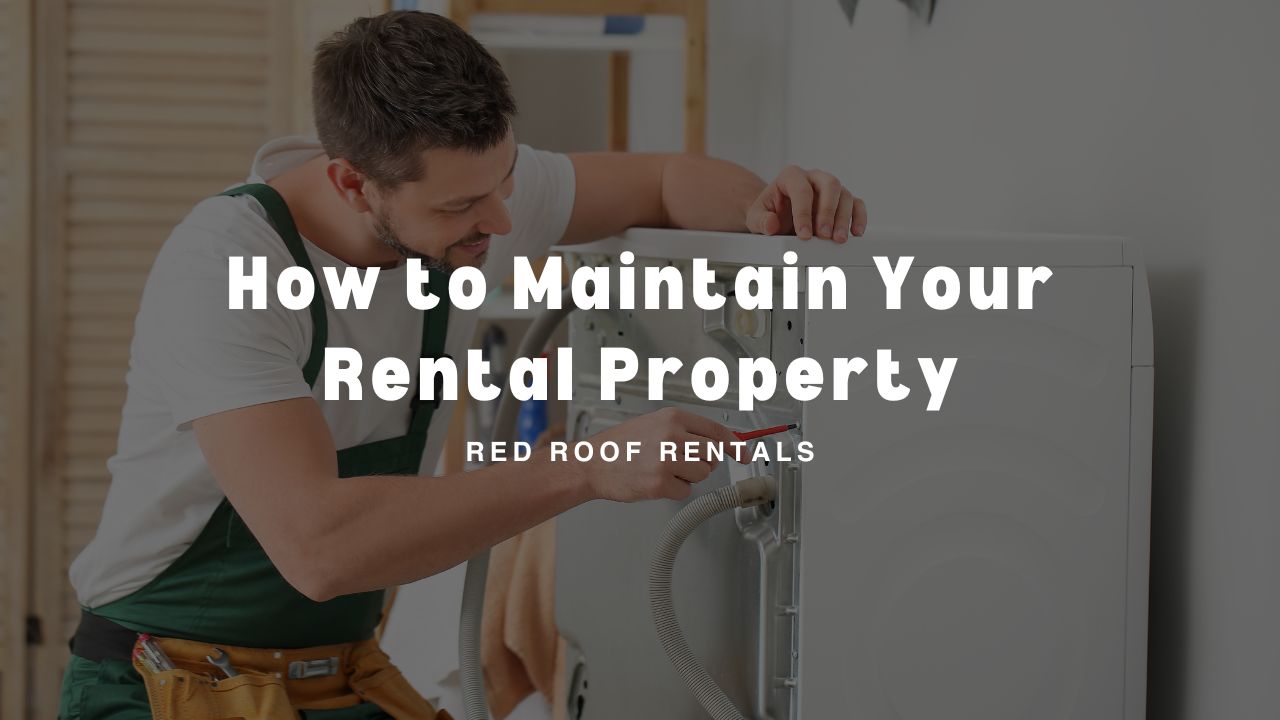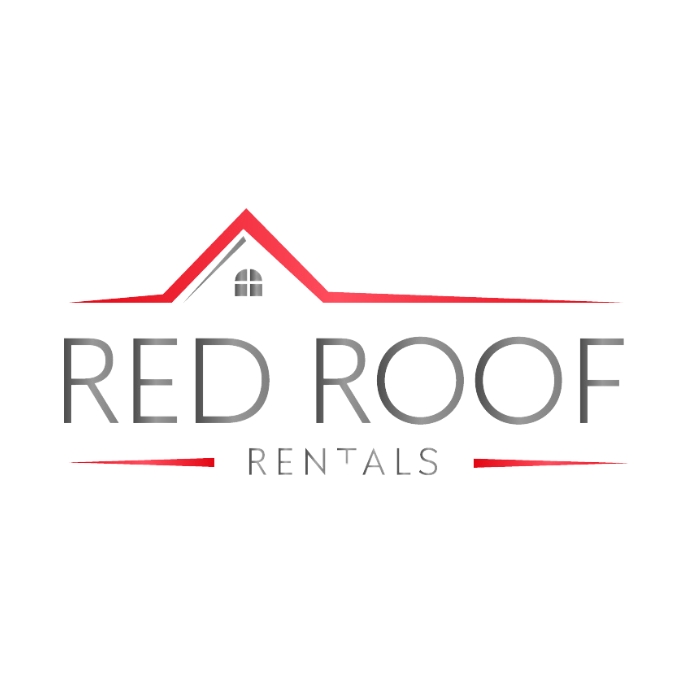Owning and renting out a property is a significant undertaking, and it requires consistent care and attention. Proper maintenance not only ensures the property remains safe and livable but also preserves its value and attracts reliable tenants. Furthermore, a well-maintained property reflects positively on the landlord and fosters a cooperative relationship between landlords and tenants.
Red Roof Rentals has compiled this guide to help landlords understand their responsibilities, navigate common challenges, and maintain their properties effectively. By following these guidelines, landlords can create a positive rental experience for themselves and their tenants.
Landlord's Obligations for Property Upkeep
As a landlord, you have a legal and ethical obligation to maintain your property safely and habitable. This includes ensuring that essential systems and structures are functional and compliant with local housing codes. Some key areas of focus include:
Structural Integrity
Regularly inspect the foundation, roof, walls, and floors for any signs of damage or wear. Addressing issues promptly prevents costly repairs later and ensures tenant safety. Periodic professional inspections can also help identify hidden problems that might not be immediately visible.
Plumbing and Electrical Systems
Ensure that plumbing fixtures are leak-free and drainage is functioning properly. Electrical systems should be inspected periodically to avoid potential hazards. Keeping detailed maintenance logs can be beneficial in tracking repairs and upgrades over time.
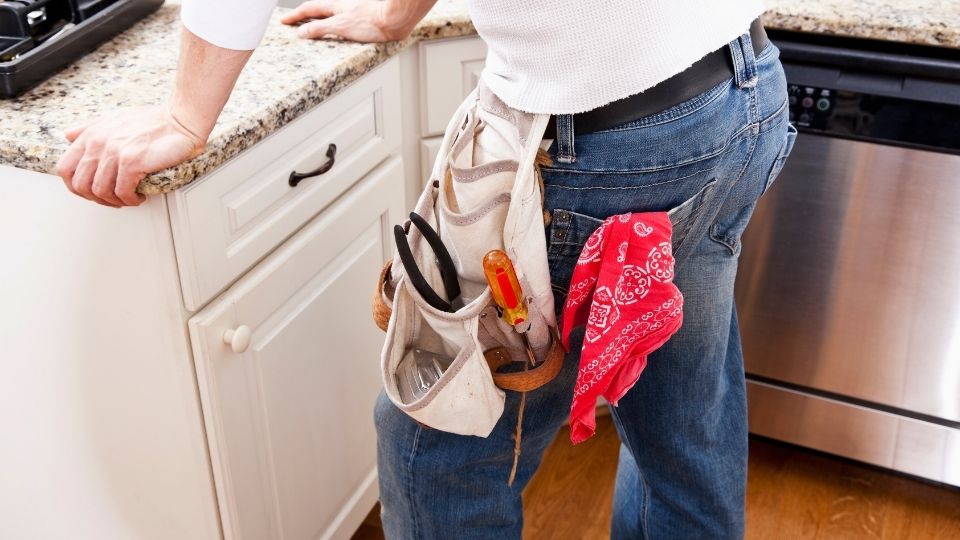
Pest Control
Take proactive measures to prevent infestations by sealing entry points, conducting routine inspections, and responding promptly to tenant reports of pests. Collaborating with pest control specialists can also create a long-term prevention strategy tailored to your property.
Heating and Cooling Systems
Local regulations require tenants to have reliable access to heating and cooling. Regular maintenance of HVAC systems can prevent unexpected breakdowns. Scheduling annual check-ups with certified professionals ensures these systems operate efficiently.
General Cleanliness and Safety
Maintain common areas, provide adequate lighting, and remove hazards such as broken steps, fallen tree branches, or icy walkways. Safety features like handrails and non-slip surfaces can further enhance the property's safety.
Unlawful Maintenance Demands
Landlords may occasionally encounter unreasonable maintenance demands. Understanding what constitutes an unlawful or excessive request can help you handle these situations professionally. Consider the following:
- Requests Outside Legal Obligations - Tenants might request upgrades or cosmetic changes, such as installing luxury fixtures or repainting walls in trendy colors. Landlords are not obligated to fulfill these requests unless specified in the lease agreement.
- Demands for Immediate Action - While some repairs demand urgent attention, other non-emergency issues may require reasonable scheduling. Setting clear expectations about repair timelines can prevent misunderstandings.
- Tenant-Caused Damages - If a tenant’s negligence or misuse causes damage, the landlord is not responsible for covering the repair costs. In such cases, landlords can deduct the expense from the tenant's security deposit if documented appropriately.
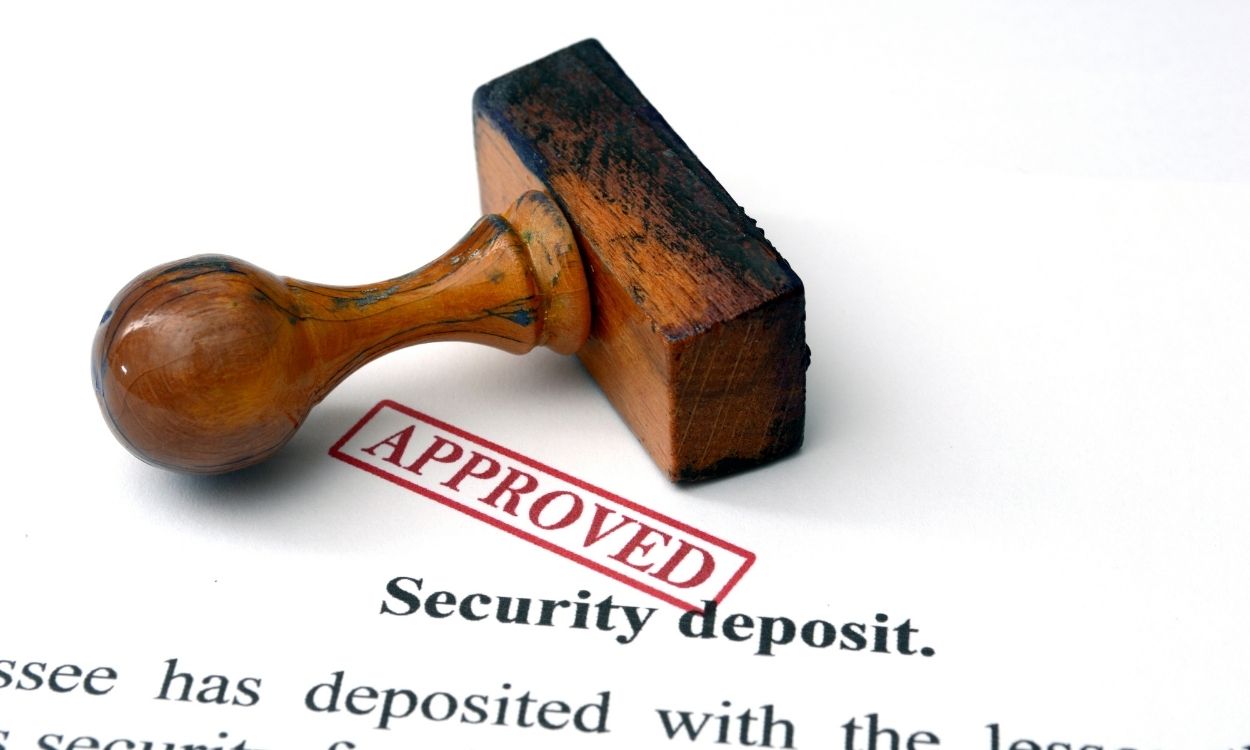
When faced with unlawful or excessive demands, communicate clearly and refer to the lease agreement and local regulations. Maintaining transparency builds trust and reduces conflict, ensuring the landlord-tenant relationship remains professional.
The Tenant’s Property Maintenance Responsibilities
Tenants have an important part to play in the upkeep of the rental property. Clear communication about these responsibilities can prevent misunderstandings and ensure that both landlords and tenants fulfill their roles effectively. Their responsibilities typically include:
- Routine Cleaning - Tenants are expected to keep their living spaces clean and free from excessive clutter. This reduces wear and tear and prevents pest infestations. Providing a clear cleaning checklist at the start of the lease can help set expectations.
- Prompt Reporting - Tenants should notify landlords promptly of any maintenance issues. Timely reporting enables landlords to resolve issues before they worsen. Encourage tenants to report issues through a standardized system, such as an online portal or dedicated email.
- Adhering to Lease Terms - Tenants should follow lease provisions regarding property use, such as avoiding unauthorized alterations or subleasing without permission. Regular reminders about these terms can reinforce compliance.
- Basic Upkeep - Tasks such as changing light bulbs or replacing batteries in smoke detectors may fall under tenant responsibilities. Including these tasks in the lease agreement ensures there is no ambiguity.
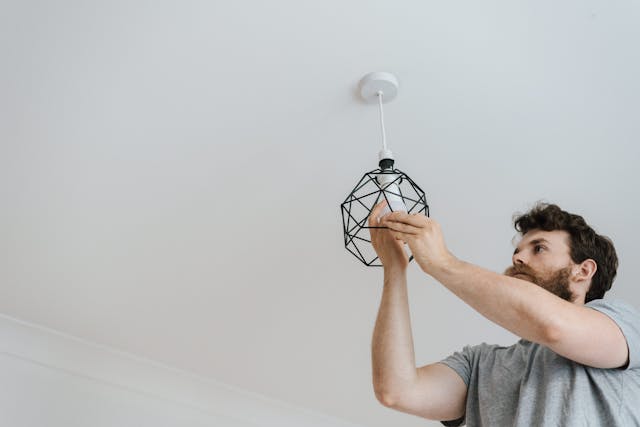
Extra Maintenance Tasks Tenants Can Volunteer For
Some tenants may be willing to go above and beyond their basic responsibilities to help maintain the property. Examples of extra tasks tenants might volunteer for include:
- Landscaping - Tenants with a green thumb might enjoy maintaining flower beds, mowing the lawn, or planting a garden. Consider offering a rent reduction or other incentives for significant contributions. Clearly outline expectations and boundaries to avoid misunderstandings.
- Minor Repairs - Handy tenants may be willing to take care of minor repairs, such as fixing a squeaky door or patching small holes in walls. Ensure these tasks are performed safely and with prior approval.
- Community Improvements - For multi-unit properties, tenants might collaborate on projects like creating a shared compost area, organizing recycling efforts, or decorating shared spaces during holidays. Facilitating these efforts can make the property more appealing to current and prospective tenants.
Encouraging tenants to take an active role in rental property upkeep can create a sense of community and shared responsibility. However, any agreements regarding extra tasks should be voluntary and documented to avoid disputes.
Bottom Line
The upkeep of a rental property is a joint effort between landlords and tenants. Landlords must ensure the property remains safe and habitable. At the same time, tenants are responsible for routine cleaning, prompt reporting of problems, and adhering to lease terms. By fostering a collaborative relationship, landlords and tenants can ensure the property remains in excellent condition.
Red Roof Rentals is here to support landlords in managing their properties effectively. We simplify the process and ensure your investment remains in excellent condition. Our team of experienced professionals is ready to assist you with all aspects of property management. Contact Red Roof Rentals today to learn how we can help you maintain your property with ease and professionalism!

